Randee Dawn is a good friend who co-edited the anthology ACROSS THE UNIVERSE with me, and her first novel has just been released! I’m pleased to be interviewing her today.
Randee is a Brooklyn-based entertainment journalist who scribbles about the glam world of entertainment by day, then spends her nights crafting wild worlds of fiction. She writes about the wacky world of show business for Variety, The Los Angeles Times, Emmy Magazine and Today.com and is the co-author of The Law & Order: Unofficial Companion. Find out more at RandeeDawn.com.
MICHAEL A. VENTRELLA: Let’s talk about your new novel TUNE IN TOMORROW. Where did the idea come from?
RANDEE DAWN: Short answer: Everywhere. Longer version: I pulled from a variety of life experiences – working at a cable access news program in college where the folks on camera were the pros, and everyone behind the camera was a college student (I was directing news programs when I was a sophomore); from working at a soap opera magazine for five years and seeing how the sausage got made on regular set visits; and years of covering the entertainment industry.
Then, I was commissioned to write a Tune in Tomorrow interactive text-based adventure for Choice of Games, and failed when it came to the coding aspect, and stepped aside. Fortunately, Tune was still my property and I went from an outline for a game to – a novel! Many changes were made in the process, needless to say.
VENTRELLA: How did you find a publisher? Did you get an agent? Connections?
DAWN: I’ve had an agent since 2015; Bridget Smith saw potential in a finished novel I’d written that was more serious, but still focused on the entertainment industry (rock ‘n rollers in that case). It didn’t get picked up, nor did the second novel she shopped for me, but third was the charm. Yes, connections for sure on the agent front – Bridget was recommended to me by the great Ellen Kushner (author of SWORDSPOINT, among other novels), and my words clicked with her! Do not underestimate the power of networking (though Ellen is a friend as well). The publisher was discovered by Bridget!
VENTRELLA: Who are some of your favorite authors and why?
DAWN: I love authors who tell good story, with characters I want to follow. The prose can be lovely, but underneath it all has to be story, not just vague angst and gazing out a window wondering about the woes of this life. The ones who I’ve enjoyed again and again include Jonathan Carroll, Stephen King, John Wyndam, Robert Cormier, Sarah Pinsker, Shirley Jackson and, more recently, Meg Elison. They tell cracking good tales first and foremost, with ideas and resolutions that stick to my heart.
VENTRELLA: Do you think fiction writers should stay away from political messages in their stories?
DAWN: The personal is political, is it not? If the story warrants it, then anything is valid. I don’t know how literal a writer needs to be in all instances, but the way you perceive the world filters into your characters and how they see the world, and the Mobius strip goes round and round. You don’t have to agree with my political stances to enjoy TUNE IN TOMORROW, but enjoying the book might give you a broader picture on the world.
VENTRELLA: You started off as a journalist. What made you decide to write fiction?
DAWN: I became a journalist because I wanted to write fiction. I had this sense that writing fiction was not going to pay my bills, but I could maybe possibly get paid for writing other kinds of words. On the one hand, that’s great: I’ve been able to make my career out of writing. On the other hand, writing non-fiction all the time gives me less time for what I really want to be doing – telling stories. That may be changing, but for now it’s always been a push-pull. I’m not sure how it would have been different if I’d pursued a different career; writing articles all these years has improved my writing, and made me better understand the editorial process – which has made me better able to get published.
VENTRELLA: You’ve been able to interview many famous people in your work – who was the most fun to meet? Who surprised you the most? Any interesting stories you wish to share?
DAWN: The most fun people, in my mind, are the creators. I’ve met a bunch of A-list and other alphabet-list stars, and some are delightful and some are pretty empty and many are clearly playing a role (The Actor Being Interviewed), so it varies wildly. Mostly I love talking about the people who are making things – directors, writers, even producers, and when I covered the music industry, the musicians.
Two quick stories: I interviewed Hugh Jackman and Jake Gyllenhaal together in a restaurant that was mostly empty; we sat around a booth. (Note: Hugh Jackman, who I’ve now interviewed twice, is absolutely lovely. Jake Gyllenhaal is a little more reticent, but certainly nice enough.)
Anyway, this would have been in 2013, when both were in future Dune-director Denis Villeneuve’s “Prisoners.” Anyway, a couple of older ladies came in at some point and sat in the booth behind us. At some point, they came over to the table and began speaking exclusively to Hugh, fangirling away. I leaned over and made sure to introduce Jake Gyllenhaal to them, who they’d completely ignored!
Second story: During the “Good Omens” publicity run a couple of years ago, I got to interview Neil Gaiman. He was set up in a hotel room and publicists walked journalists in and out, one after the other. Now, if you’ve never interviewed anyone, you may not realize that having a third party in the room is disruptive, even if they say nothing. But some publicists feel they need to hand-hold their clients. The publicist for the show settled into a corner of the room as we started to chat, and I politely asked if she
would wait outside. I mean, I’ve done this for a lot of years. As has Neil. Neither of us needed to be chaperoned. She got extremely huffy and all but said, “Well, I never!” – but she left. I said to Neil, “Hope that wasn’t too awkward.”
“No, it was amazing,” he said. And this is why we love Neil Gaiman, Reason 8927B.
VENTRELLA: Have you ever surprised yourself when writing?
DAWN: All the time. When I’m deep in a story, it’s being told through me, not because of me, and the subconscious is all lit up with ideas, like a quantum computer figuring out every possibility and feeding me the best one. It’s in those times that I know exactly why I do this – and they make up for all the times you look at the page and think, I have no idea what to do next.
VENTRELLA: How much of writing is innate? In other words, do you believe there are just some people who are born storytellers but simply need to learn technique? Or can anyone become a good writer?
DAWN: There are things about being a person that make you a good writer: Curiosity about the world. Nosiness. Ability to observe and process small details and big ones alike. Willingness to upset the paradigm. An imagination that fires up even when you aren’t asking it to. Those things have nothing to do with the technical aspect of putting words on paper. I think the words-on-paper aspect can be learned. Some of the other stuff can be trained for, or at least practiced. But those who can’t harness their imagination, and who don’t know how to kick it into gear and let it go like a wild horse, are just going to be putting words down, not really telling story.
VENTRELLA: As a co-editor of an anthology, what did you learn about it that you were not expecting?
DAWN: That sometimes very, very good stories don’t make it for practical reasons. That it is not personal if you get rejected (well, probably not personal; I don’t know what relationship you have with your editors). That there are editors who are genuinely disappointed not to be able to include your story, sometimes.
VENTRELLA: What’s the best advice you would give to a starting writer that they probably haven’t already heard?
DAWN: Don’t do it unless you are willing to do it in silence, without feedback, without being lauded or recognized in any way. Of course you will try to get all those things eventually, but not having them should not kill your desire to write. If the only person who ever reads your work is you, you still will do it. Then, you can begin to write.
VENTRELLA: What’s the worst piece of advice you’ve heard people give?
DAWN: “Let me tell you how to fix this.” Back to Gaiman – my favorite piece of advice he gave once is this: “When people tell you something’s wrong or doesn’t work for them, they are almost always right. When they tell you exactly what they think is wrong and how to fix it, they are almost always wrong.” Take suggestions, but take them with grains of salt.
VENTRELLA: What writing projects are you working on now?
DAWN: I have a draft of a novel about all-female superheroes that I’d love to get to my agent, but word has it that those are very hard to sell. I also have several chapters of the semi-sequel to Tune in Tomorrow that I’d also like to tackle, but may hold until I see how the book does. And I have a short horror story that’s about ¾ of the way done … I’d like to wrap that one up first. But having just gotten back from the five-day WorldCon in Chicago, I need a nap first!
Filed under: writing | Tagged: editing, Randee Dawn, writing advice |


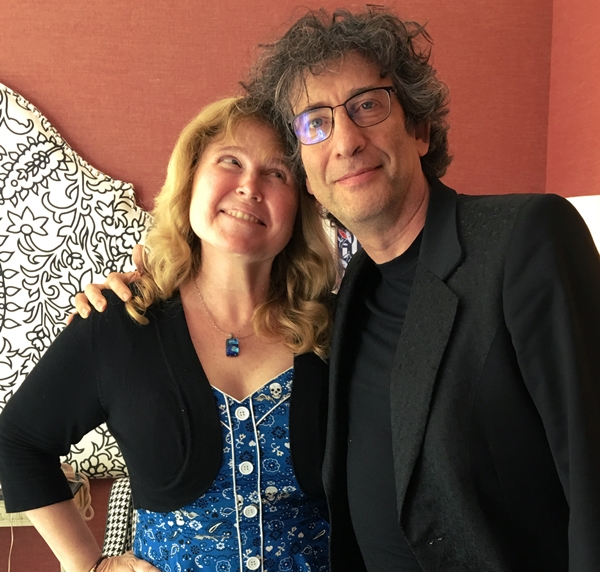
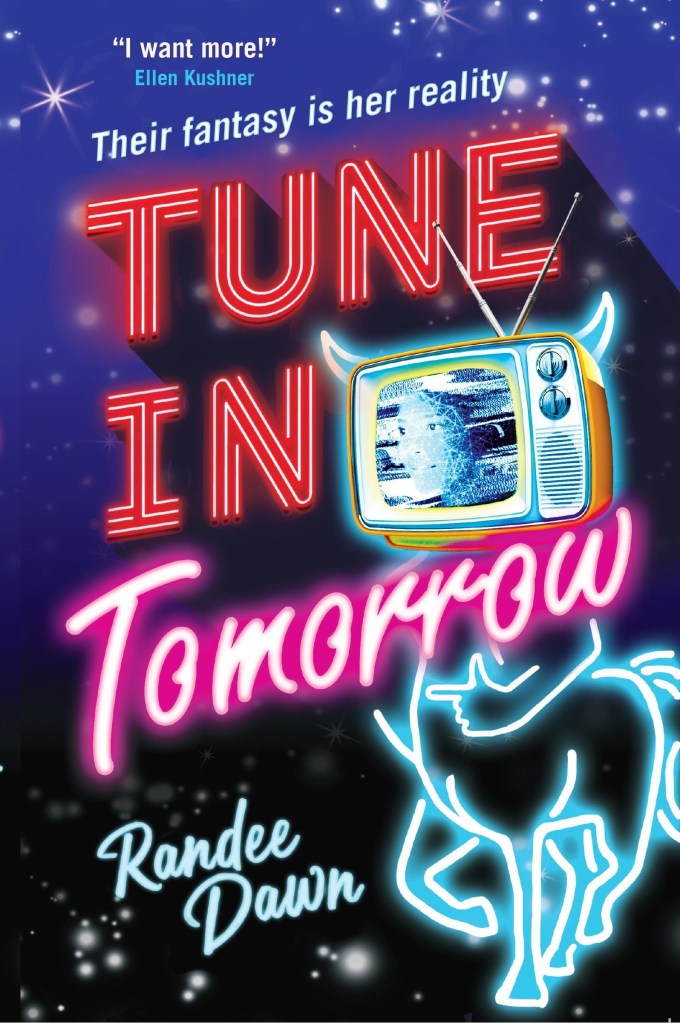
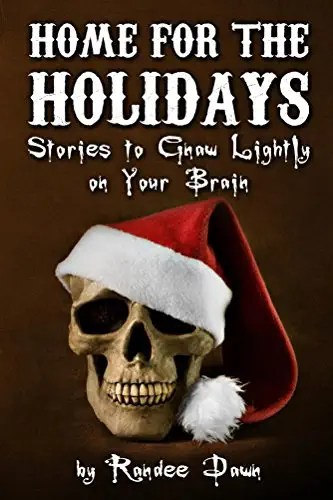
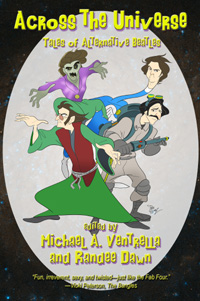
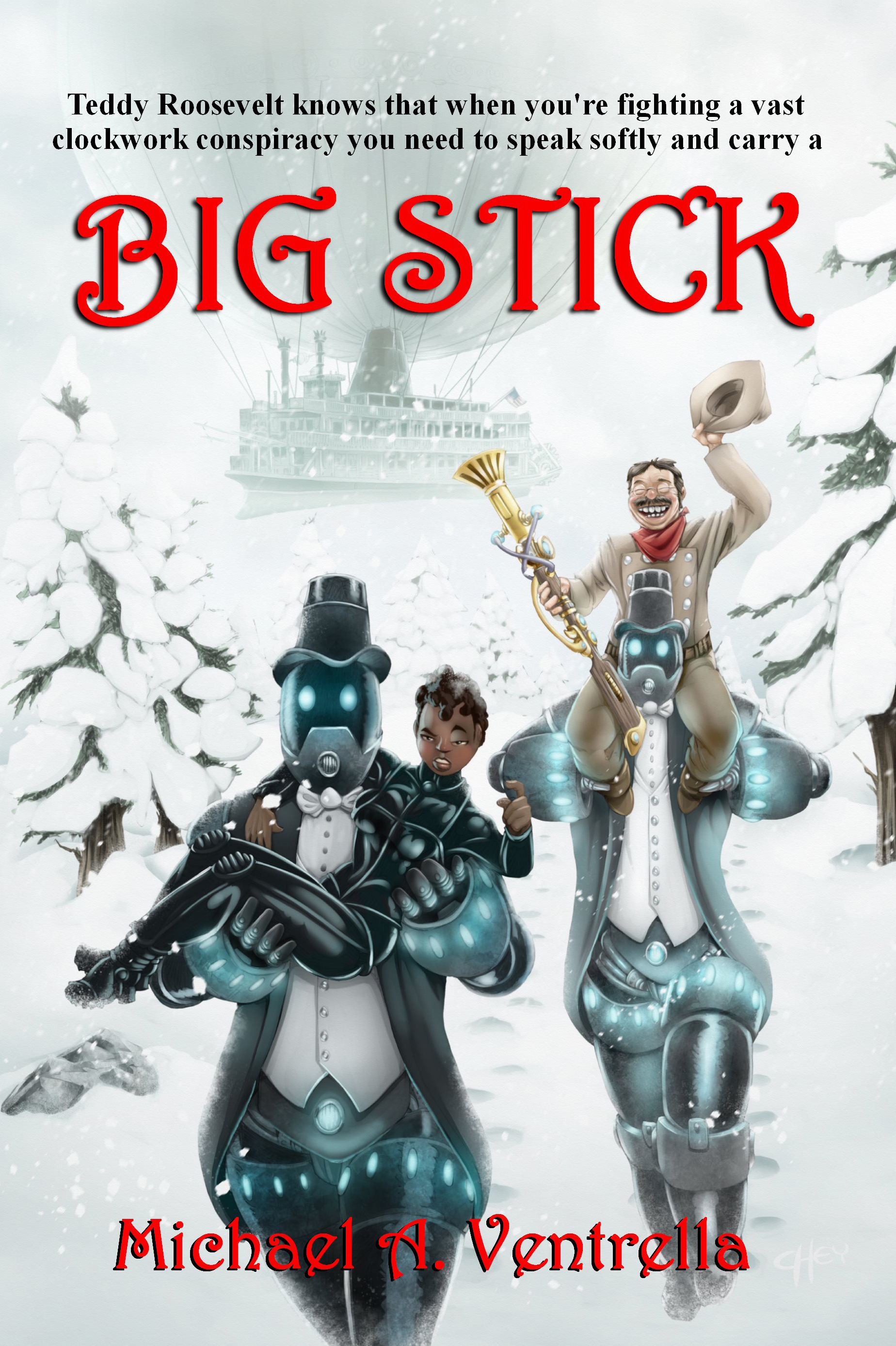
Leave a comment